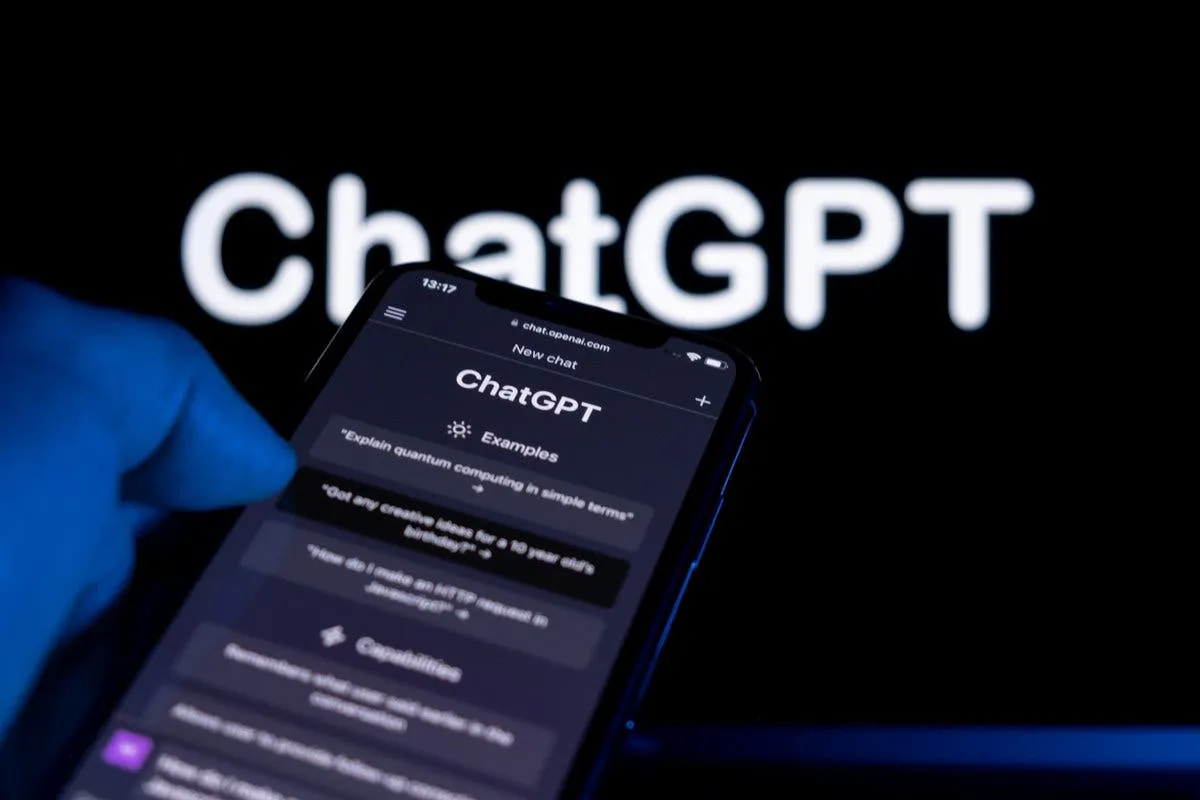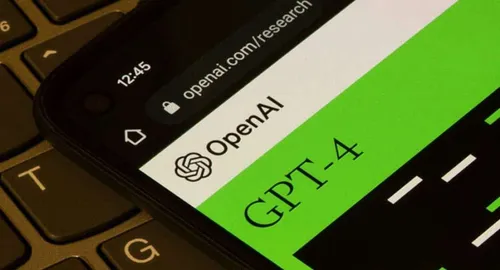EU Data Protection Board says ChatGPT data accuracy fails to meet standards
TechSaturday, 25 May 2024 at 07:21

The European Data Protection Board (EDPB) has raised concerns over OpenAI's ChatGPT chatbot. The board states that the measures taken to ensure transparency are insufficient to comply with data accuracy principles. In a report released on Friday, the EDPB task force emphasised that while efforts to prevent misinterpretation of ChatGPT's output are beneficial, they still need to address concerns regarding data accuracy fully.

Investigations by National Regulators
The task force was established by Europe's national privacy watchdogs following concerns raised by authorities in Italy regarding ChatGPT's usage. Despite ongoing investigations by national regulators, a comprehensive overview of the results has yet to be provided. The findings presented in the report represent a common understanding among national authorities.
Data accuracy is a fundamental principle of the data protection regulations in the EU. The report highlights the probabilistic nature of ChatGPT's system, which can lead to biased or false outputs. Furthermore, the report warns that users may perceive ChatGPT's outputs as factually accurate, regardless of their actual accuracy, posing potential risks, especially concerning information about individuals.
Compliance with EU Data Rules
The EDPB task force's report will guide member countries' data protection authorities (DPAs) as they investigate OpenAI's adherence to the requirements of the European Union's General Data Protection Regulation (GDPR). Aspects of the investigations include the lawfulness of collecting training data for ChatGPT, transparency, and data accuracy.
According to Reuters, the report makes it clear that ChatGPT is not meeting the data accuracy standards required to ensure compliance with the EU's data rules. The task force added in the report that the approach to training the model may lead to biased or made-up outputs and that data accuracy is one of the guiding principles of the GDPR rules.
In April 2023, Italy banned the use of ChatGPT over privacy concerns but made it available again after OpenAI said it fulfilled the demands of the country's data protection authority. Italy became the first Western country to outlaw the chatbot after the country's data protection authority announced an investigation into ChatGPT's alleged breach of the GDPR's privacy rules and age-verification practices.
C0nclusion
In conclusion, the European Data Protection Board has raised serious concerns about ChatGPT's compliance with EU data accuracy standards. While OpenAI has made efforts to improve transparency, the EDPB task force report indicates that more needs to be done to ensure the accuracy of ChatGPT's outputs and protect individuals' data. National regulators across Europe continue to investigate the matter, and the outcome of these investigations will likely have significant implications for the future of ChatGPT and other AI chatbots in the EU.
Popular News
Latest News
Loading



